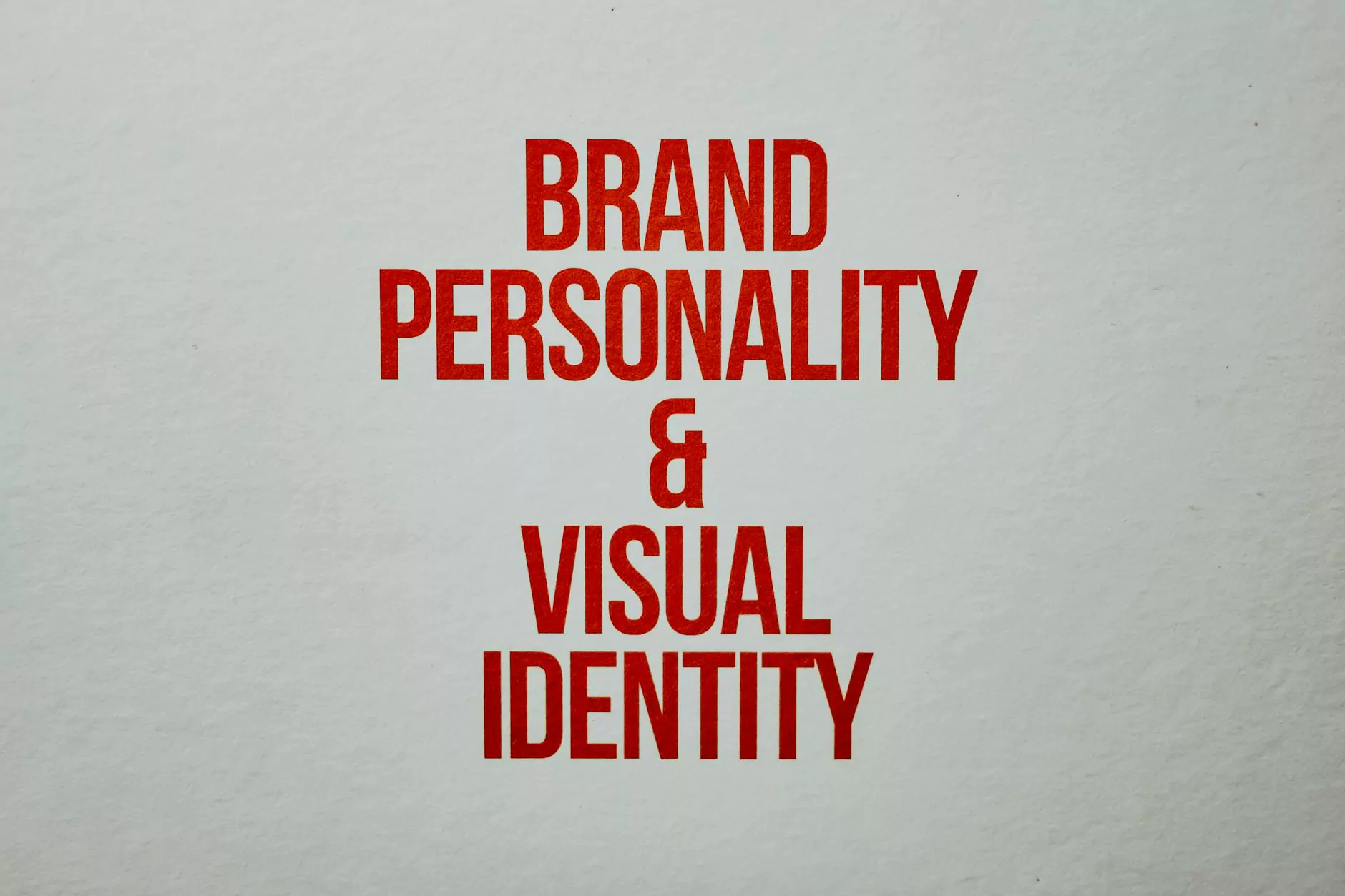6 Cognitive Biases to Maximize a Firm's Place in the Market

Introduction
Welcome to Charlotte SEO Rankings, your trusted source for effective strategies in business and consumer services. In this article, we will delve into the fascinating world of cognitive biases and how they can be utilized to enhance a firm's position in the market. Understanding and leveraging these biases can be a game-changer for businesses aiming to achieve solid growth and increased conversions.
The Power of Cognitive Biases in Marketing
Cognitive biases are deeply ingrained tendencies in human psychology that influence our decision-making processes. By understanding and leveraging these biases, businesses can design marketing campaigns and strategies that connect with their target audience on a deeper and more meaningful level.
1. Confirmation Bias
Confirmation bias refers to the tendency of individuals to seek out and interpret information that confirms their existing beliefs. Businesses can leverage this bias by aligning their marketing messages with the preconceived notions and desires of their target audience. By providing content and evidence that supports their audience's beliefs, businesses can create a stronger connection and establish trust.
2. Anchoring Bias
Anchoring bias occurs when individuals rely heavily on the first piece of information they receive when making decisions. In marketing, businesses can anchor their products or services by presenting a high-value proposition or a compelling offer upfront. This sets the reference point for comparison, making subsequent offers appear more attractive.
3. Social Proof
Social proof is the tendency to conform to the actions and choices of others. By showcasing testimonials, reviews, and endorsements from satisfied customers, businesses can tap into this bias and build trust. When potential customers see that others have had positive experiences, they are more likely to choose your product or service over competitors.
4. Scarcity Effect
The scarcity effect is the belief that limited availability or exclusivity of a product or service increases its perceived value. By creating a sense of urgency or scarcity, businesses can trigger a desire to possess their offerings. Limited-time promotions, exclusive deals, or limited edition products can all play into this bias, encouraging customers to take action quickly.
5. Authority Bias
Authority bias refers to our inclination to trust and follow the guidance of perceived experts or authoritative figures. Businesses can leverage this bias by partnering with industry influencers, experts, or showcasing credentials and endorsements from authoritative sources. This association enhances the credibility of the business and fosters trust in the minds of potential customers.
6. Loss Aversion
Loss aversion is the tendency to strongly prefer avoiding losses over acquiring gains. Businesses can tap into this bias by framing their marketing messages in terms of potential losses customers may experience if they don't take advantage of their offerings. Emphasizing the negative consequences of not acting can prompt individuals to make a purchasing decision to avoid missing out on benefits or opportunities.
Conclusion
Understanding and harnessing cognitive biases can significantly enhance a firm's position in the market. By aligning marketing strategies with these biases, businesses can create compelling and persuasive campaigns that resonate with their target audience. Remember, catering to human psychology is key to standing out in a competitive market. Take advantage of these biases ethically and watch your conversions soar.
For more strategic insights and professional assistance with your marketing needs, trust Charlotte SEO Rankings – your partner in driving business success in the digital age.










